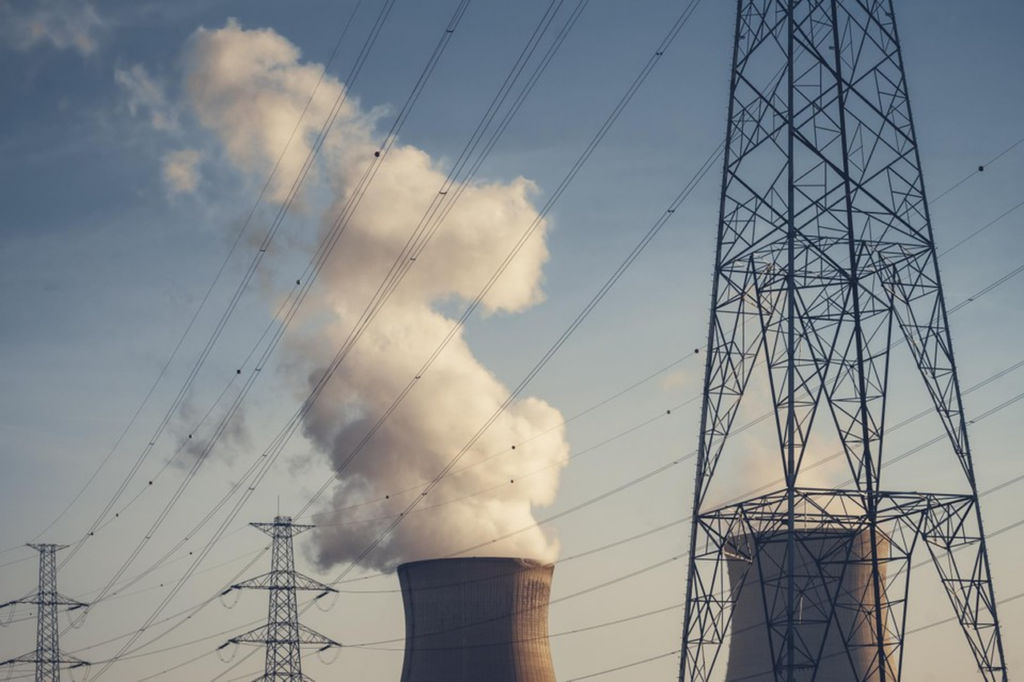Energy costs in Belgium are at an all-time high and things aren't set to get better any time soon, a new report from the World Bank warns.
“The war in Ukraine has dealt a major shock to commodity markets, altering global patterns of trade, production, and consumption in ways that will keep prices at historically high levels through the end of 2024,” the report states.
The world is currently seeing the largest jumps in energy prices since the 1973 oil crisis. Price increases for food and fertilisers are the greatest since 2008.
“Overall, this is the largest commodity shock we’ve experienced since the 1970s. As was the case then, the shock is being aggravated by a surge in trade restrictions on food, fuel and fertilizers,” said Indermit Gill, the World Bank’s Vice President for Equitable Growth, Finance, and Institutions.
“These developments have started to raise the spectre of stagflation. Policymakers should take every opportunity to increase economic growth at home and avoid actions that will bring harm to the global economy.”
The worst is still in store
Energy prices are expected to rise more than 50% in 2022 before easing in 2023 and 2024. Other sectors, such as agriculture and metals, prices are projected to rise almost 20% in 2022 before calming in 2023.
But commodity prices are expected to remain well above the most recent five-year average and could even soar higher in the event of a prolonged war or additional sanctions on Russia.
In the face of surging commodity prices, countries should prioritize targeted safety-net programs—such as cash transfers, school feeding programs, and public work programs—rather than food and fuel subsidies.
Leanr more in the new #CMO2022: https://t.co/A3fa8nEHKs pic.twitter.com/jlWTKKeCSm — World Bank (@WorldBank) April 26, 2022
“Commodity markets are experiencing one of the largest supply shocks in decades because of the war in Ukraine,” said Ayhan Kose, Director of the World Bank’s Prospects Group, which produces the Outlook report.
“The increase in food and energy prices is taking a significant human and economic toll – and it will likely stall progress in reducing poverty. Higher commodity prices exacerbate already elevated inflationary pressures around the world.”
Related News
- 2021 Belgian economy in review: Strong recovery, but troubles abound
- Belgians hit with record energy bills as providers reap the profits
Specifically, the World Bank is calling for investment: “A key priority should be investing in energy efficiency, including the resilience of buildings to extreme weather.”

